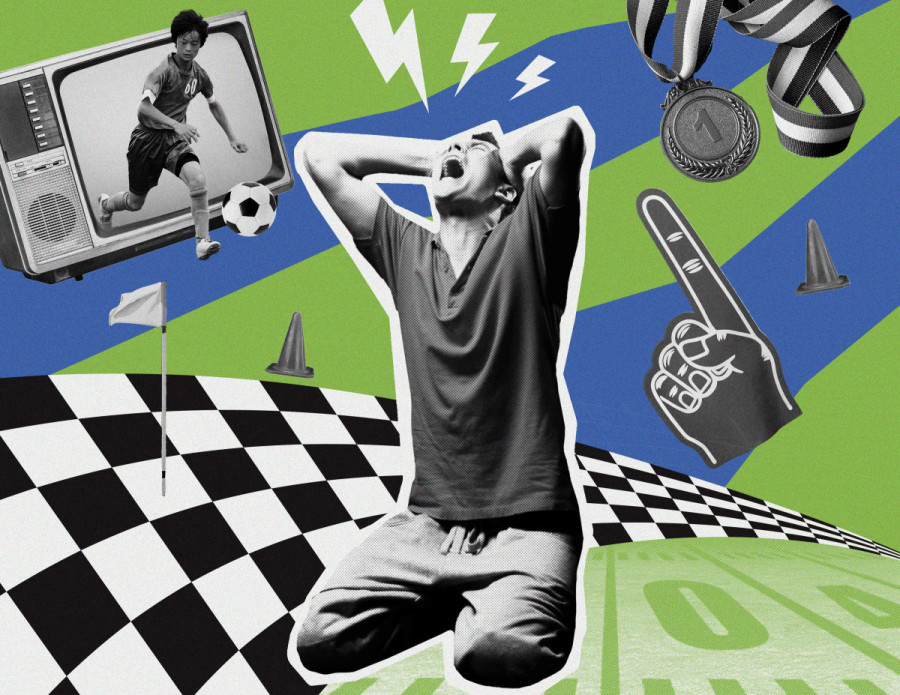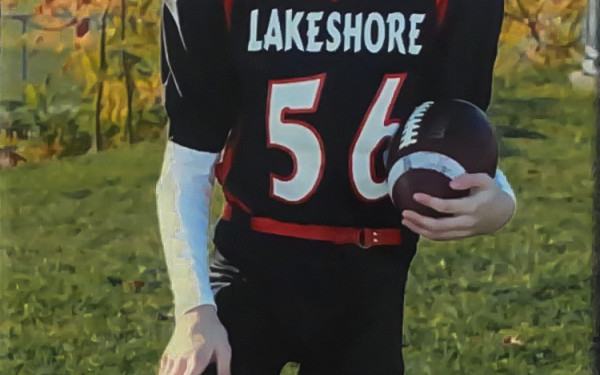Grief for the Game
If your favourite team loses a match, it shouldn’t ruin your weekend
I’ll never forget the sound of the game-ending whistle when Liverpool FC lost their match against Real Madrid in the 2018 Champions League final. At that moment, it felt as if the loss single-handedly turned my world upside down.
I went through all five stages of grief after the game. I silenced every phone call (denial), screamed into my pillow (anger), pleaded with God to let them win next year (bargaining) and even contemplated a month-long isolation (depression). After a while, I realized how screwed-up my reaction really was (acceptance).
Though my love for Liverpool is endless, football is only a game. I wasn’t wary of it at the time but watching your team suffer a loss can lead to a type of grief.
With the start of the Premier League, NFL, NBA, NHL, and varsity seasons this fall, many die-hard sports lovers will join me in falling victim to sports fan depression. At the end of the day, only one team can win.
According to Kate Chard, PhD, a University of Cincinnati (UC) health psychologist and a professor of psychiatry at the UC College of Medicine, being invested in sports cranks up anxiety. “There’s a thrill within all of us that likes to feel alive,” she said. “You get your entire endocrine system firing when you’re razzed up. When your team wins, the endorphin release is fantastic.”
Through my own experience, I’ve witnessed how fans immerse themselves within the games, attaching their identity to their teams. We even create fantasy leagues to obsess over every stat and player. We begin to believe that we are part of the team, that their success is ours. That connection a fan holds with their favourite fan or team is called a parasocial relationship, or a one-sided relationship where one party is completely unaware of the other.
Though it is a joy to feel connected to the players and our favorite teams, the success of our teams should not be our end all, be all. Based on my own experience, I believe there are three important reflective steps to improve a fan’s relationship with their favorite sports, in order to eliminate the feeling of grief.
First, discover how deep-rooted your grief is. Sports can be dear to an individual, but a loss shouldn’t ruin your day. If you are too involved in your team's fandom and it is leading to harmful behavior, take a step back. The most important part of this step is to talk to someone. Opening up about your experiences can heal many areas in your life.
Second, no matter how big the match may seem or how much networks are hyping it up, it is only a game. It may seem like the end of the world that your favorite sports team lost, but the energy we use to focus on sports can also be put to good use in other areas of our lives.
Lastly, there is something special about sports that brings people together. This is a perspective I often lost sight of because I was so stressed about the result of the game. As I got older, I realized the people watching the game with me are actually what matters. Take the time to enjoy that human side of sports. Who cares about the result?
This article originally appeared in Volume 44, Issue 3, published October 3, 2023.







_600_375_90_s_c1.jpg)